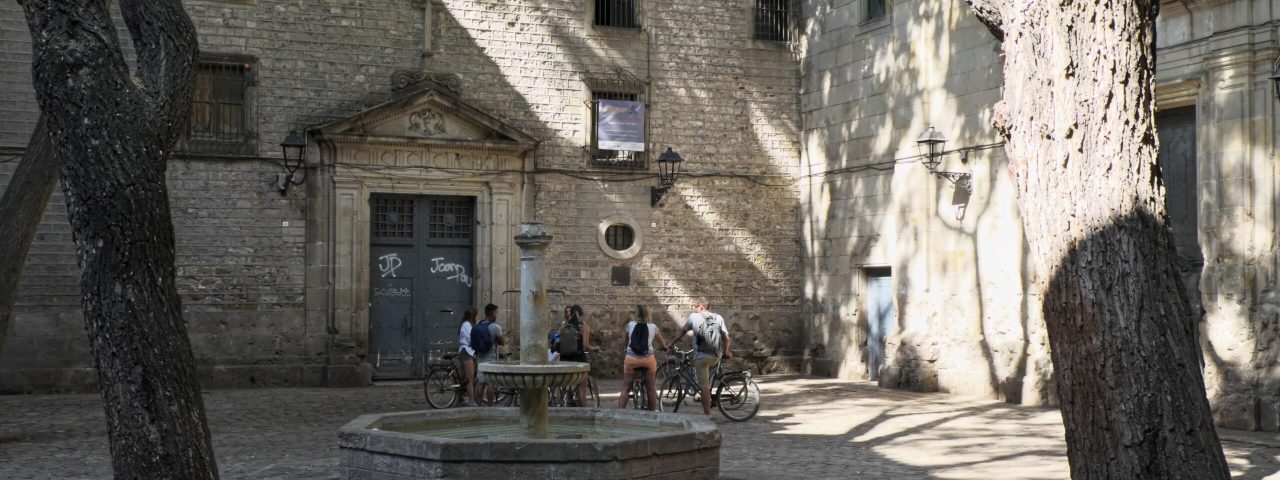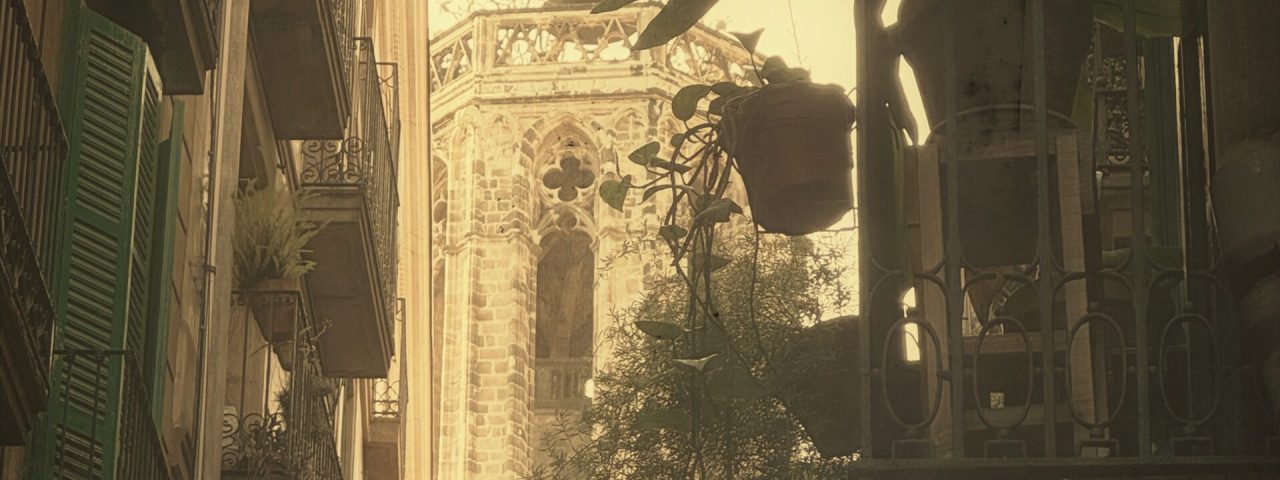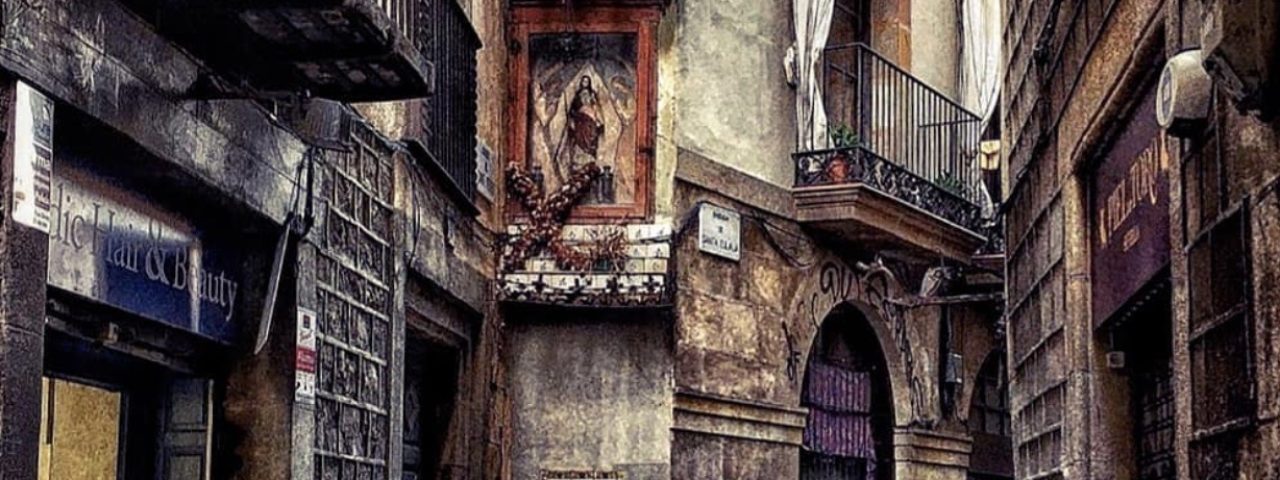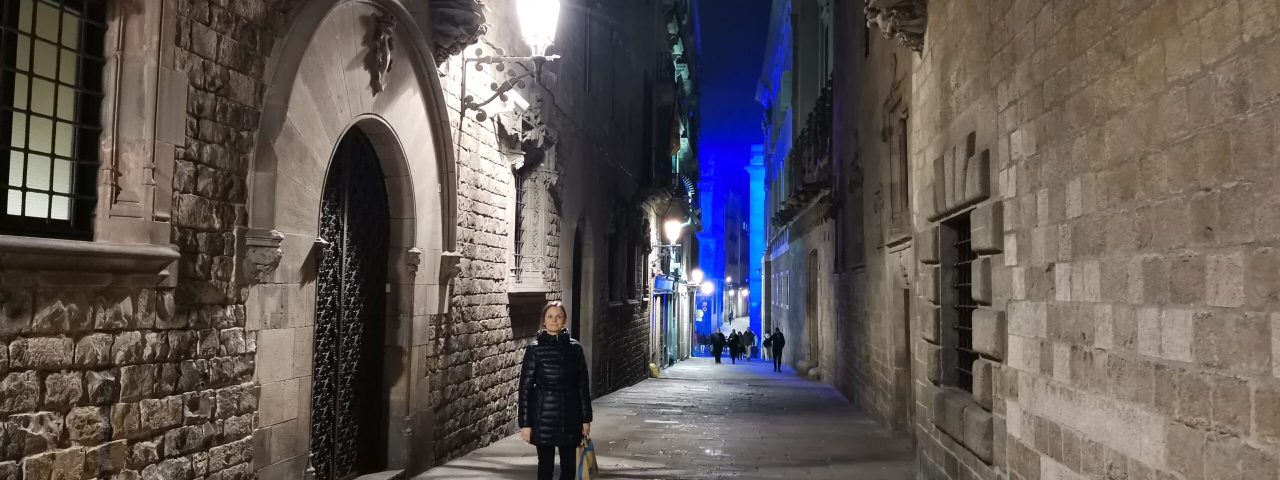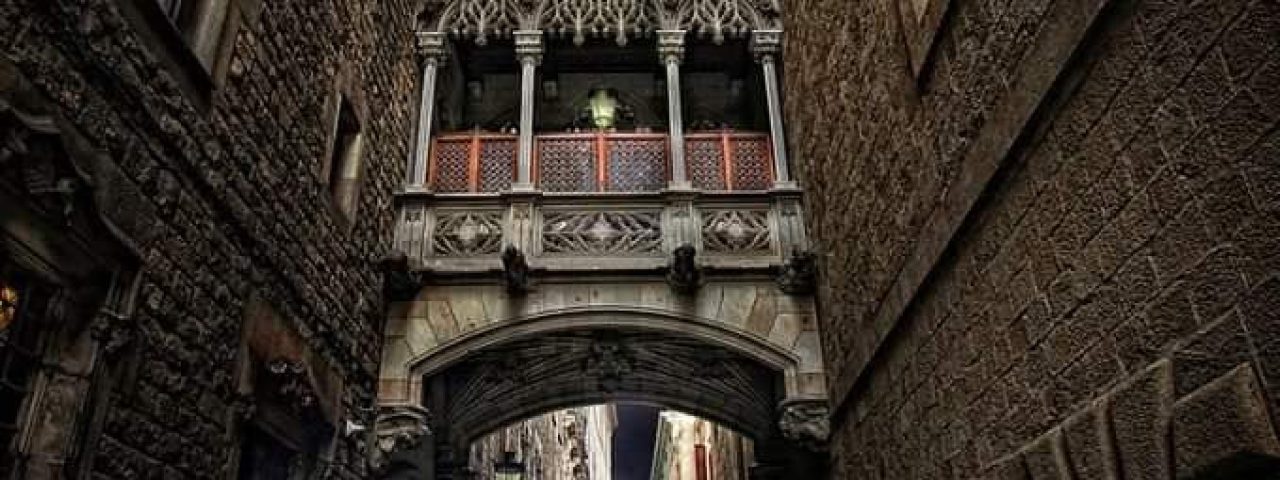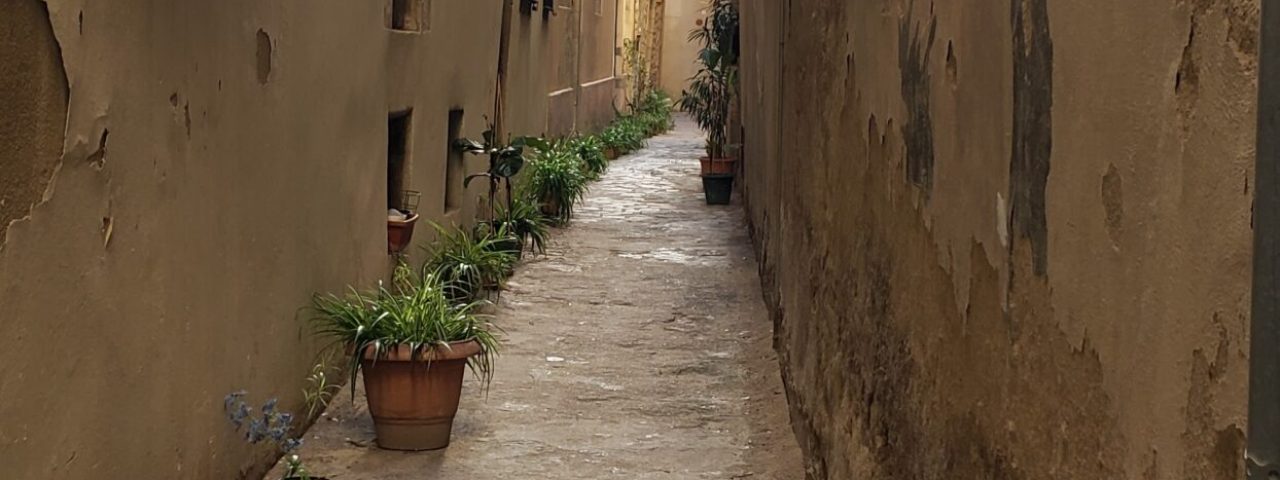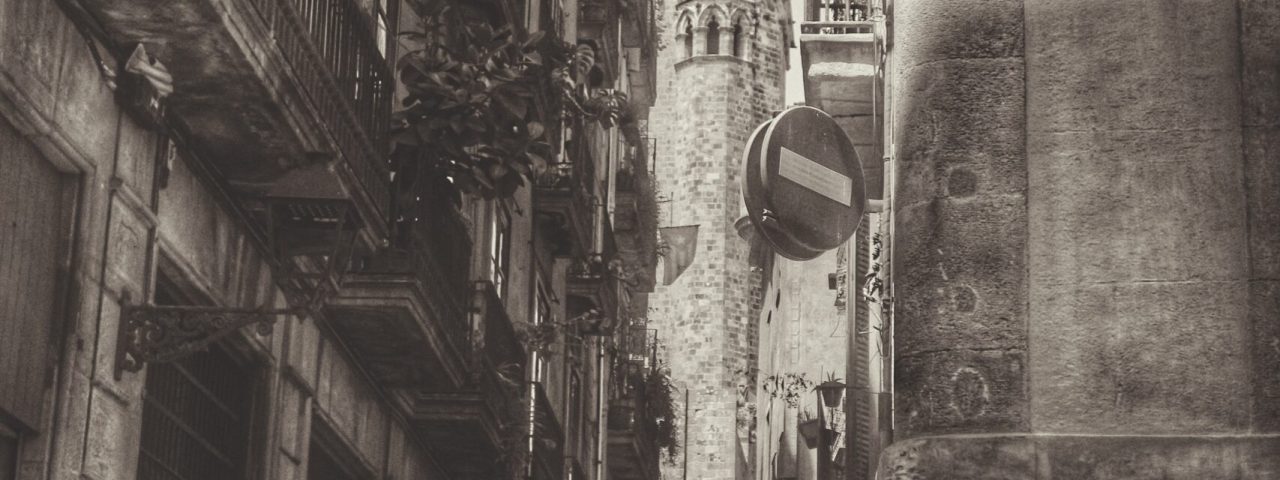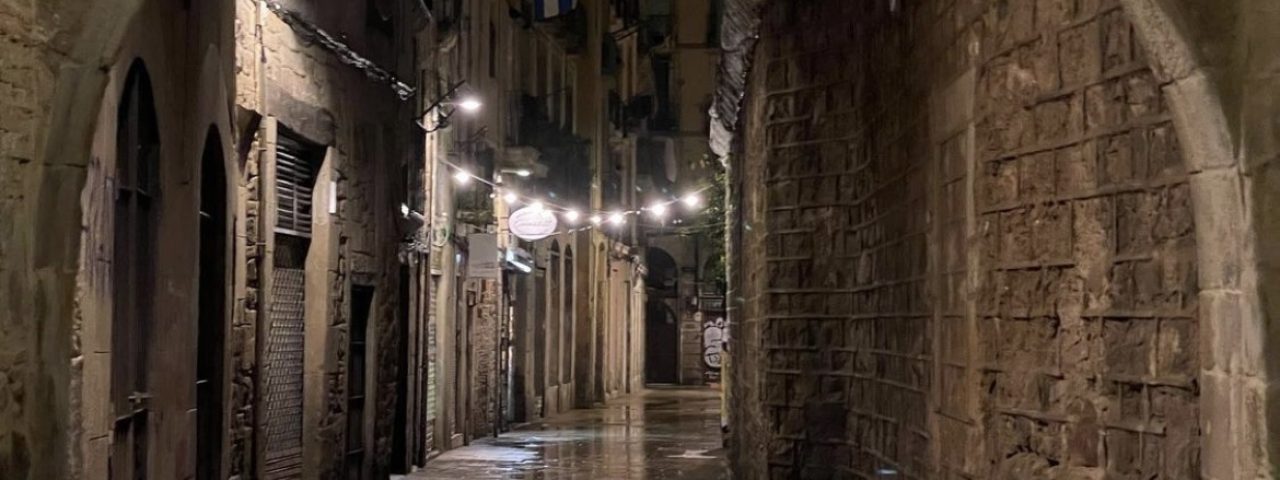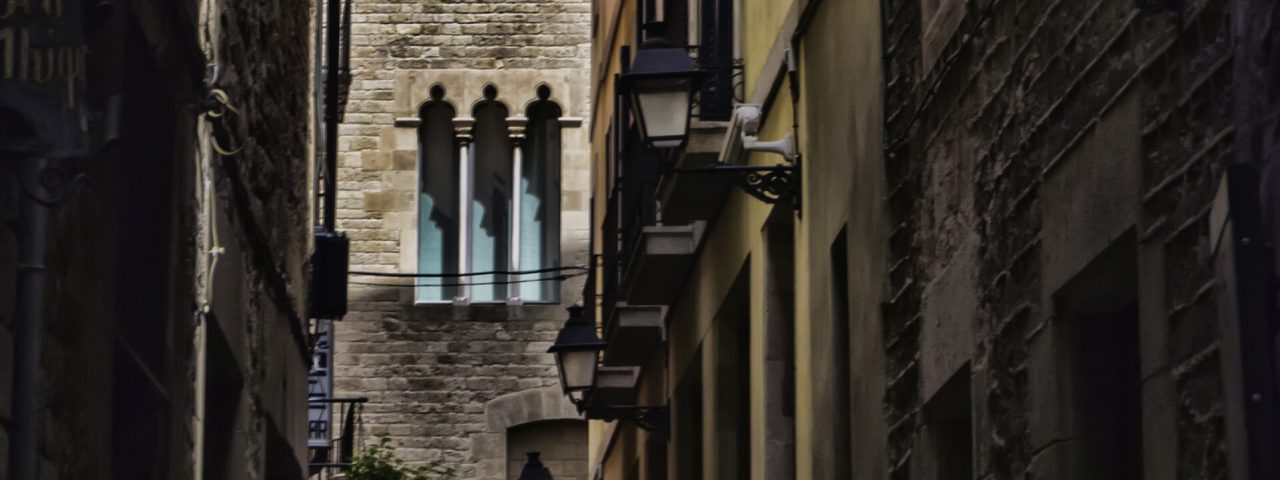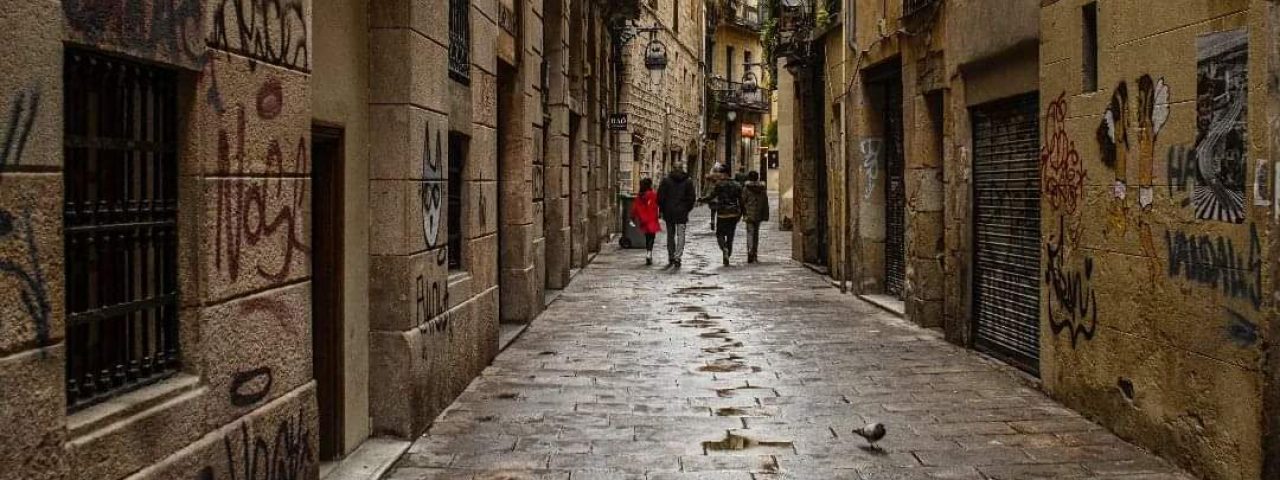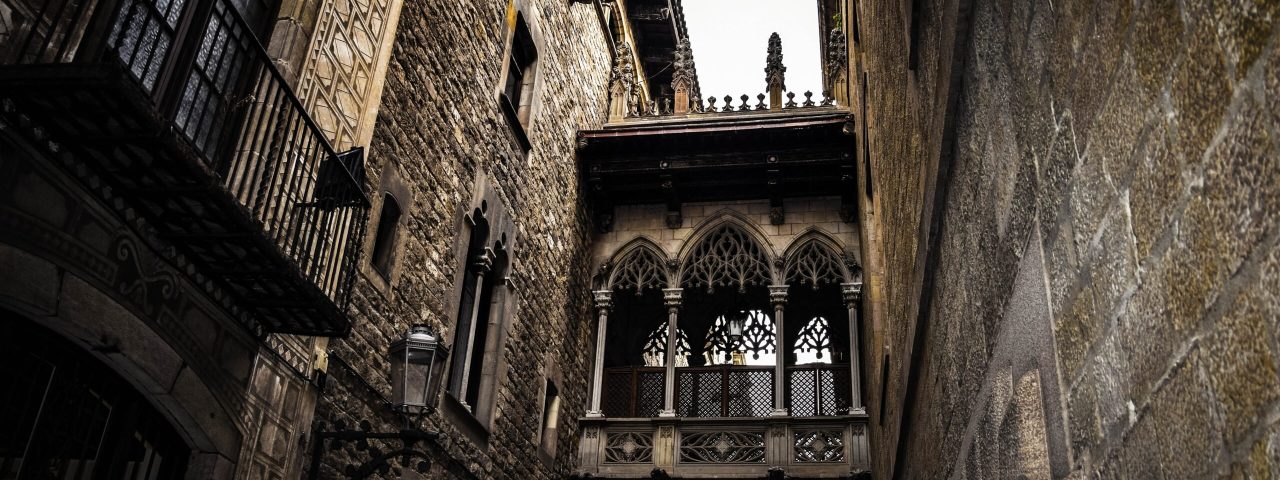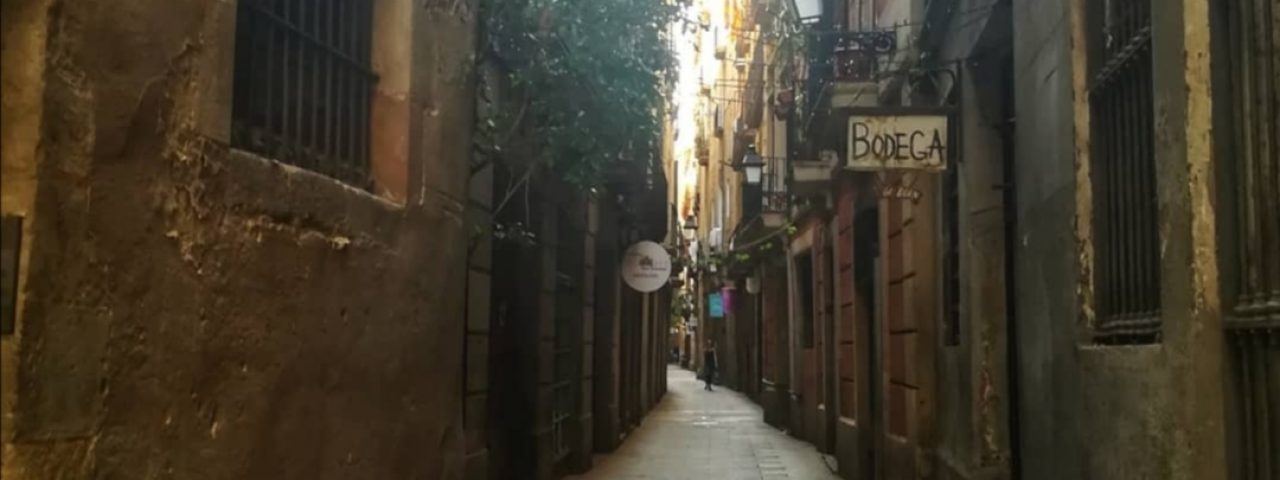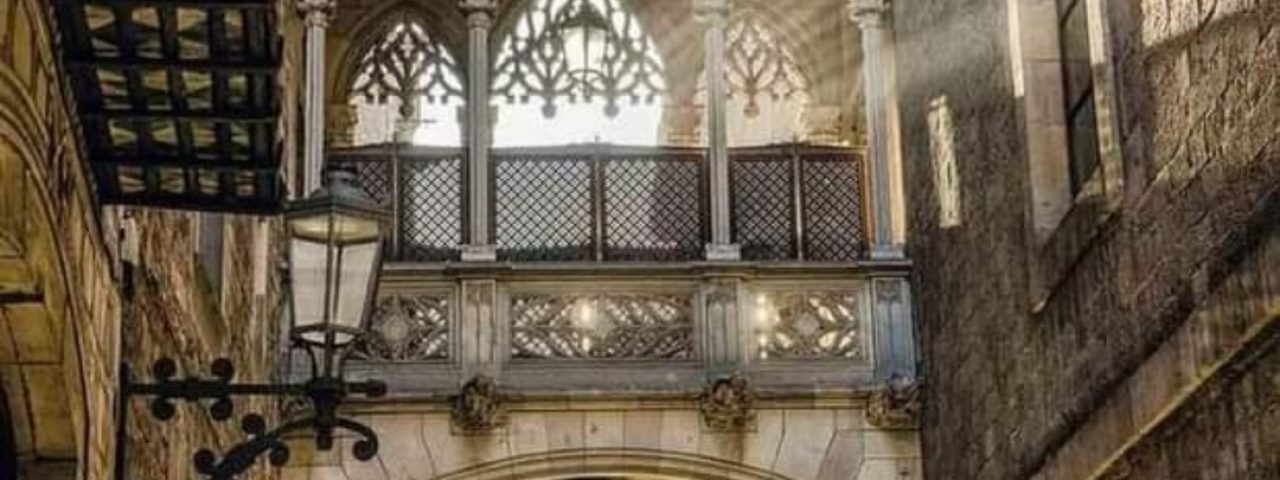Barcelona boasts a rich history that stretches back over 2,000 years, with its origins as a Roman settlement known as Barcino. The city later fell under Visigoth and Moorish control before being integrated into the Carolingian Empire. Its history as a major trading and maritime power has left a lasting imprint on its architecture and culture. During the Middle Ages, Barcelona grew in importance as a political and economic center, eventually becoming the capital of Catalonia, a region with its own distinct identity and language.
One of the most striking features of Barcelona is its deeply rooted Catalan culture. The city is known for its commitment to preserving Catalan language and traditions, as seen in its numerous festivals, such as La Mercè, a week-long celebration honoring the city’s patron saint. Another notable festival is Sant Jordi, Catalonia’s equivalent of Valentine’s Day, during which the city is adorned with books and roses. In addition, Catalonia’s strong nationalistic identity is expressed through its art, architecture, and cuisine.
Visitors can also explore historical landmarks like the Gothic Quarter, which features medieval buildings and narrow streets, or walk through the city’s wide boulevards that reflect the grid design implemented during the 19th-century expansion known as the Eixample. Cultural highlights include the city’s renowned theaters, museums, and galleries, which contribute to its status as a global center for contemporary art, architecture, and music.
